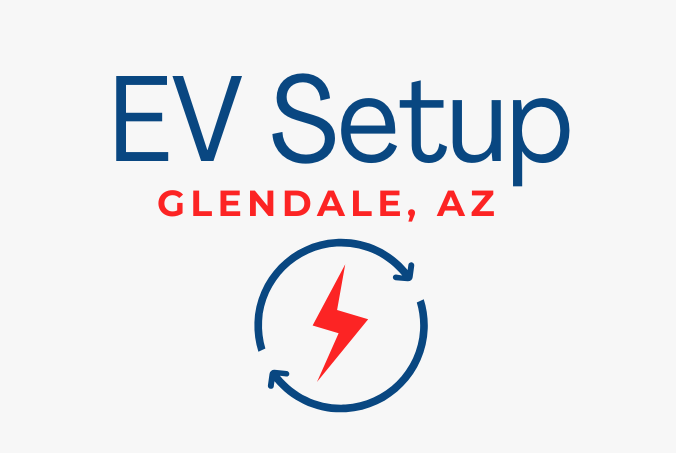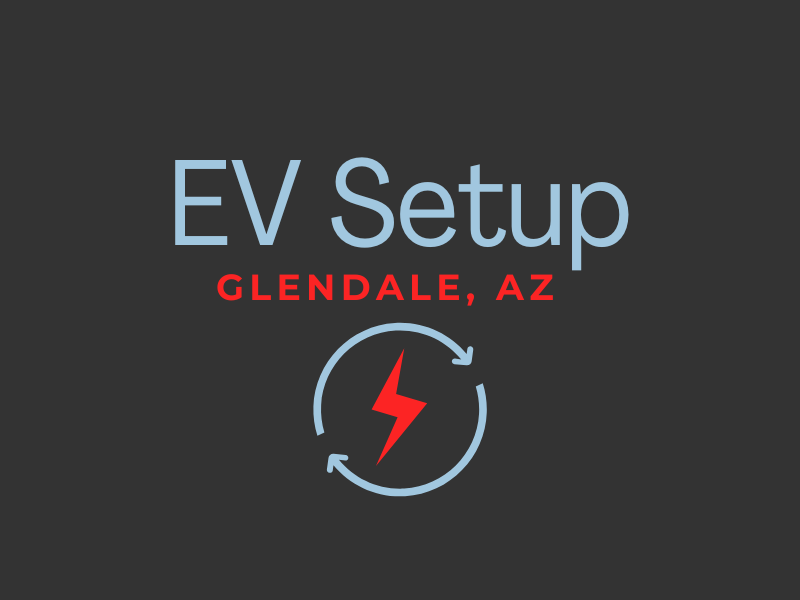How can I determine if my home's electrical panel can handle an EV charger
Based on the search results, here are the key steps to determine if your home's electrical panel can handle an EV charger:

Check Your Panel's Capacity
Look at the label on your electrical panel to determine its total amperage capacity.
Most modern homes have panels rated for 100 to 200 amps.
Assess Your Current Load
Calculate your home's current electrical load by listing all major appliances and their power consumption.
Include HVAC systems, water heaters, ovens, and other high-demand devices.
Add these up to see how much capacity is already being used.
Consider EV Charger Requirements
An EV charger typically requires between 30 and 60 amps, depending on the charger's level and your vehicle's charging needs.
A Level 2 charging station usually increases a home's load by around 7,200 watts (7.2 kilowatts) or 30 amps.
Evaluate Available Capacity
Compare your panel's total capacity to your current load plus the EV charger requirements.
If your panel is rated for 100 amps and you're already using 80 amps, adding a 40-amp EV charger could exceed your panel's capacity.
Consider Future Needs
Think about any potential increases in electrical demand you might have in the future.
Consult a Professional
Have an experienced electrician conduct a thorough assessment of your electrical system.
They can perform an accurate load calculation and evaluate the panel's condition.
Look for Warning Signs
Frequent tripping of circuit breakers, strange noises from your breaker box, flickering lights, or burning smells may indicate your panel is already overloaded.
- Consider Smart Charging Options:
- Smart chargers can help manage power distribution and prevent overloading.
- Explore Upgrade Options:
- If your panel can't support an EV charger, consider upgrading to a higher-capacity panel or installing a subpanel.
- Energy management systems can also help optimize electrical usage.
Remember, working with electricity can be dangerous. It's always best to consult with a licensed electrician to ensure safety and compliance with local codes when assessing your electrical system or installing an EV charger.

